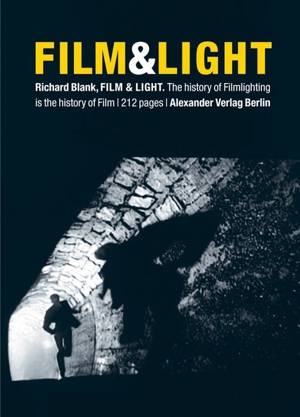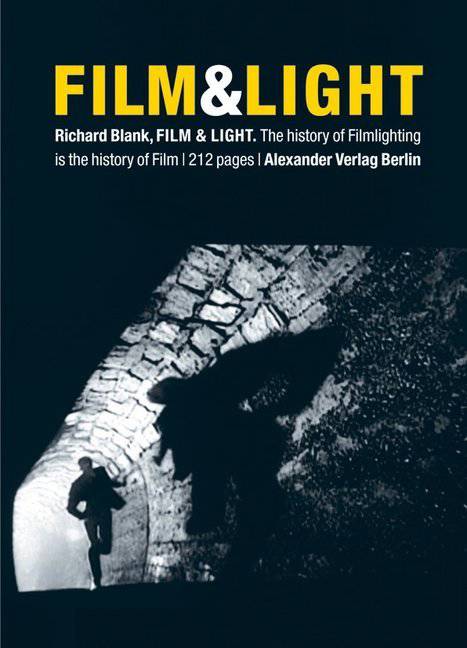
- Afhalen na 1 uur in een winkel met voorraad
- Gratis thuislevering in België vanaf € 30
- Ruim aanbod met 7 miljoen producten
- Afhalen na 1 uur in een winkel met voorraad
- Gratis thuislevering in België vanaf € 30
- Ruim aanbod met 7 miljoen producten
Zoeken
€ 29,45
+ 58 punten
Omschrijving
A comprehensive history of film lighting, from its earliest origins to the heyday of Hollywood dominance - and beyond.This is a book about the art of lighting, "the relevance of pictures, and the responsibility of all those who take pictures of the world and show them". In an age of constant digital snapshots, with their mercilessly artless recording of everything around us, the award-winning director and scriptwriter Richard Blank makes a compelling case for this increasingly neglected art, and for sustaining "the awareness of its responsibility".In Film & Light, Richard Blank draws on examples from a century of pioneering filmmakers - from Griffith to Buñuel, Ophüls to Altman, Rossellini to Scorsese, Eisenstein to Wong Kar-Wai - to trace the historical development of lighting technology, analyse the changing "rules" and techniques of film lighting, and define the key terms surrounding the technical innovations of its art. The close attention he brings to bear on these modern masters - from DeMille to De Sica to Lars von Trier, Niblo to Murnau to Siodmark, via Maurice Tourneur and Fritz Lang, Charlie Chaplin and Orson Welles - brilliantly illuminates the hidden art of these past masters, as well as the troubled social context by which they each variously came to shine.
Specificaties
Betrokkenen
- Auteur(s):
- Uitgeverij:
Inhoud
- Aantal bladzijden:
- 264
- Taal:
- Engels
Eigenschappen
- Productcode (EAN):
- 9783895812699
- Uitvoering:
- Paperback
- Afmetingen:
- 155 mm x 215 mm
- Gewicht:
- 340 g

Alleen bij Standaard Boekhandel
+ 58 punten op je klantenkaart van Standaard Boekhandel
Beoordelingen
We publiceren alleen reviews die voldoen aan de voorwaarden voor reviews. Bekijk onze voorwaarden voor reviews.











